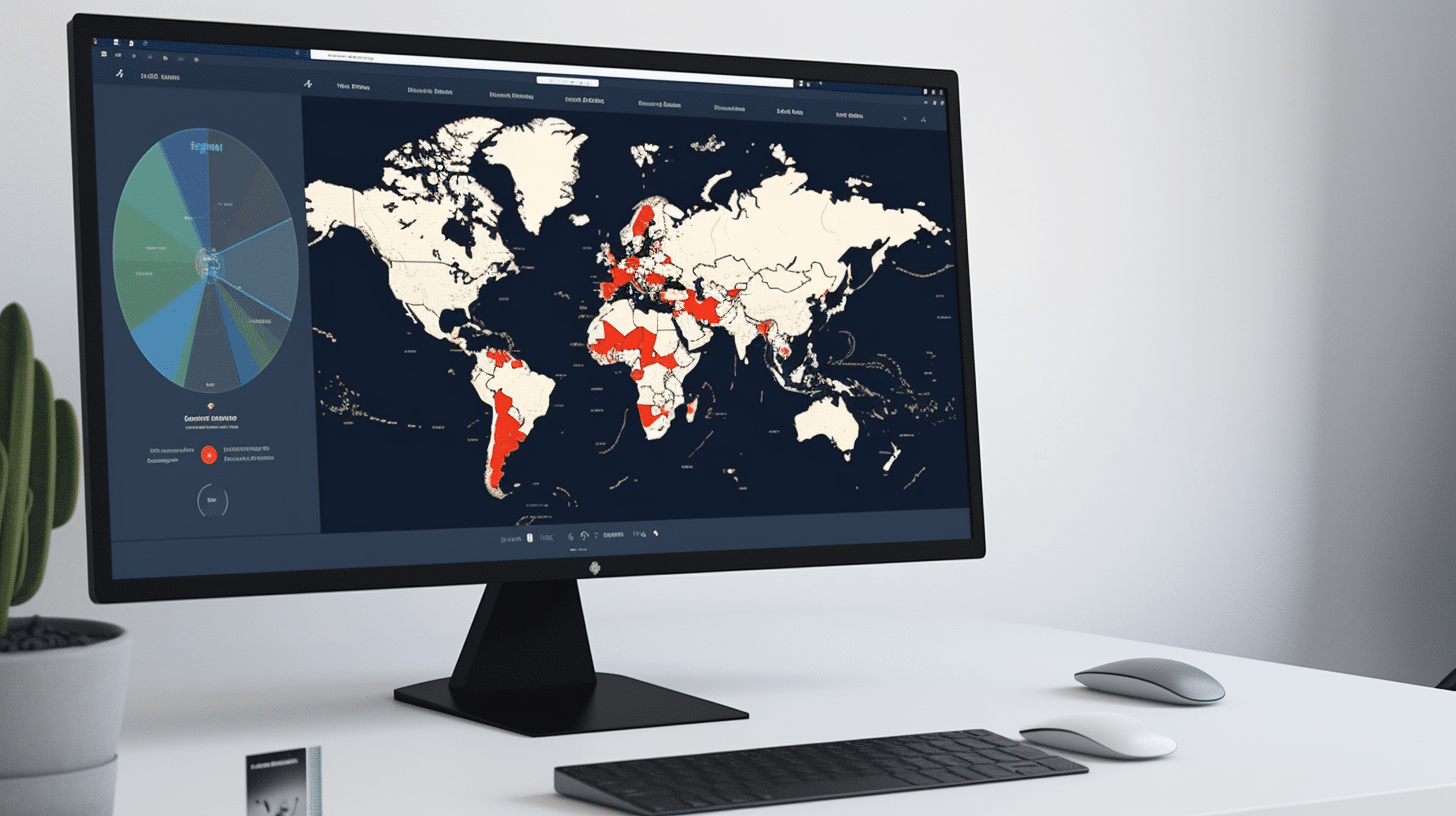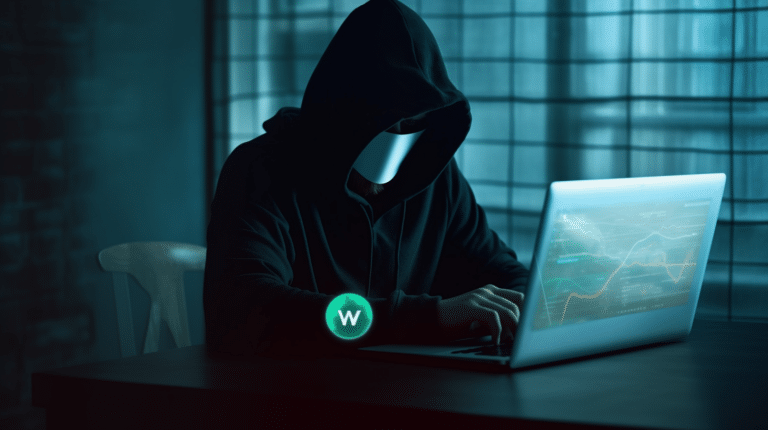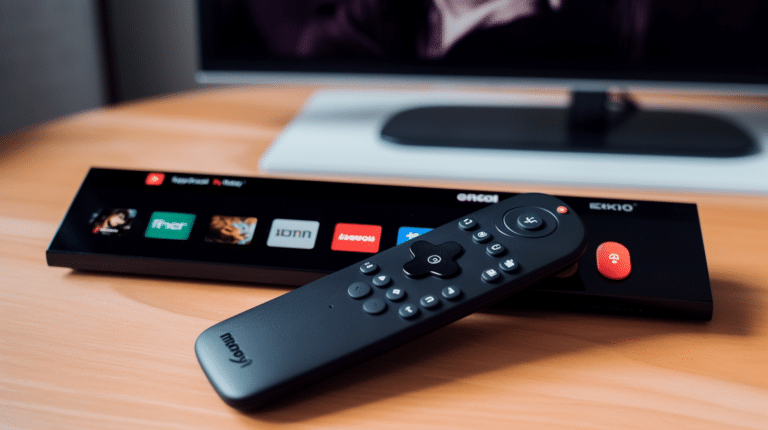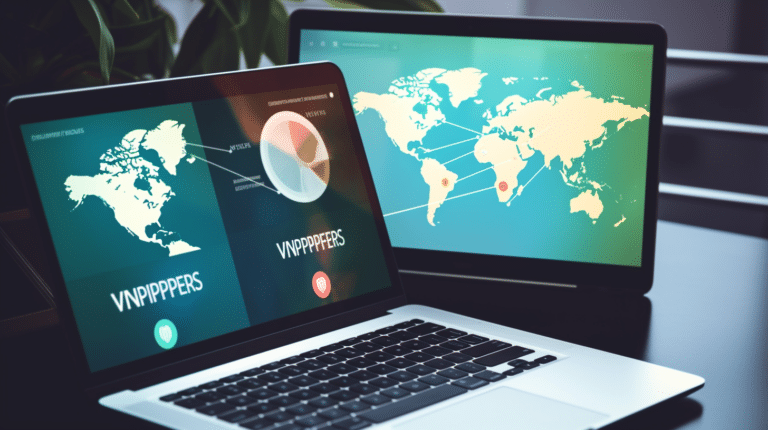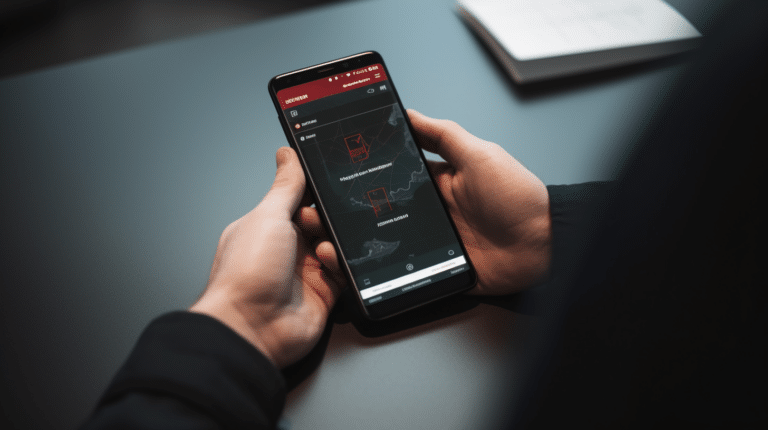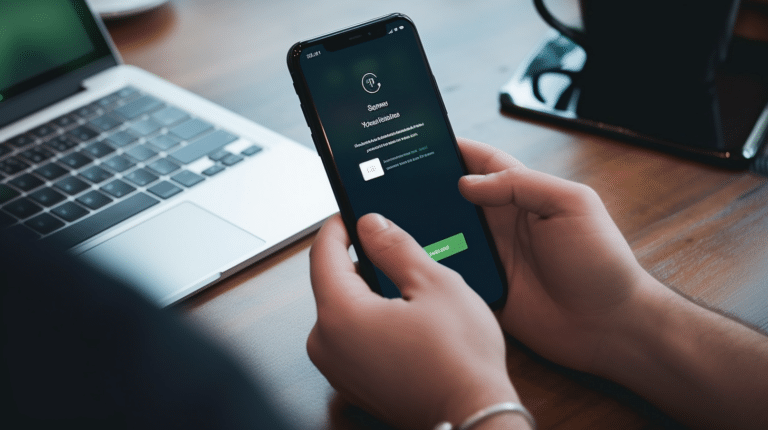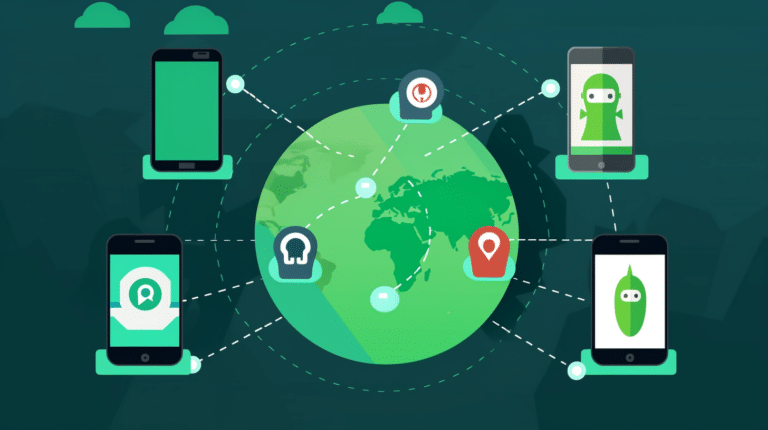In recent years, virtual private networks (VPNs) have gained popularity as more people seek to enhance their online privacy and security. VPNs provide users with an encrypted connection between their devices and a remote server, allowing them to browse the internet without fear of being tracked or having their data intercepted. While VPNs are quite useful in many scenarios, it’s important to understand whether you genuinely need one at home or just for specific purposes.
VPNs can be particularly beneficial for individuals who frequently travel or connect to public Wi-Fi networks. These networks are often unsecured and can expose your personal information to cyber attackers. Having a VPN can protect your data in such situations. Moreover, using a VPN may be necessary for people who wish to access geo-restricted content or avoid online censorship in certain regions. Before deciding on a VPN, it is crucial to understand how they work, the various providers available, and potential risks associated with them.
Key Takeaways
- VPNs protect users’ privacy by encrypting their data and hiding their online activities.
- They are especially useful when using public Wi-Fi networks or accessing geo-restricted content.
- Before choosing a VPN, consider providers’ security features, potential limitations, and any legal considerations.
What Is a VPN?
A VPN, or Virtual Private Network, is a service that works by encrypting your internet traffic and routing it through a server provided by the VPN company before connecting to a website or other online services. This process helps to mask your identity and activity on the internet, thus providing increased privacy and security while you surf the web.
VPNs are often used by individuals and businesses alike for various purposes. For instance, they can help bypass geo-restrictions on certain websites and streaming services. Additionally, using a VPN can safeguard your data when connected to public Wi-Fi networks, which are generally less secure and more susceptible to cyberattacks.
Not all VPNs are created equal, though, and it’s essential to choose the right one for your needs. Factors to consider when selecting a VPN include the provider’s reputation, the number of servers and their locations, the level of privacy offered, and price. Taking the time to research and compare different options can help you make an informed decision when selecting a VPN to protect your online activity.
To set up and use a VPN, you first need to choose a provider and sign up for their service. Once you’ve done this, you can download and install the appropriate VPN software or app on your devices. Most providers offer software for various operating systems, such as Windows, macOS, Android, and iOS. After the installation, you can then log in to your account and connect to your desired VPN server location, which will then encrypt and secure your internet connection.
Why You Might Need a VPN
A VPN (Virtual Private Network) is an essential tool for enhancing your internet experience by improving privacy, security, and giving some control over your location. Using a VPN can make a significant difference in the way you interact with various websites and services online.
The foremost reason to use a VPN is to protect your privacy. When you connect to the internet without a VPN, your IP address is visible to your internet service provider (ISP), making it easy for them to monitor your online activities. By using a VPN, your data is encrypted and routed through your VPN provider’s server, effectively disguising your identity and activity on the internet.
Another benefit of using a VPN is enhanced security. Public Wi-Fi networks can be risky, as hackers may potentially intercept your data. A VPN adds a layer of protection by encrypting your data, making it more difficult for malicious actors to access your information. It’s particularly useful if you often work from cafes or airports, where Wi-Fi security may be questionable.
Geolocation restrictions can be a hassle when trying to access certain websites or services that are unavailable in your region. A VPN allows you to change your location virtually by connecting to servers in different countries, thus bypassing these limitations. This can be particularly useful for accessing streaming content that’s only available to viewers in specific locations.
Finally, using a VPN can help to hide your online activities from advertisers and other trackers. Since your data is encrypted and your IP address is masked, it makes it more difficult for third parties to track you and build comprehensive profiles based on your browsing habits. This can contribute to a more private and less targeted online experience.
How Does a VPN Work?
A VPN, or Virtual Private Network, is a software-based tool that provides a secure and private connection between your devices and the internet. When you use a VPN, your internet traffic passes through an encrypted tunnel between your connected device and a VPN server. This encrypted connection helps protect your privacy and keeps your online data secure by preventing unauthorized access.
When you connect to a VPN server, your device’s IP address is replaced with the IP address of the server, effectively disguising your identity and location. This not only helps maintain your privacy but also enables you to access content and services that may be restricted or blocked in your region.
The encryption process used by VPNs is critical to keeping your data secure. Generally, VPNs use advanced encryption algorithms to encrypt your data before sending it through the tunnel. This means that even if your connection is intercepted, the data would be unreadable.
It’s important to understand that while a VPN can provide numerous benefits, such as improved privacy, security, and access to blocked content, it won’t make you completely anonymous online. However, it does offer a higher level of protection than browsing the web without a VPN.
In summary, a VPN works by creating an encrypted connection between your device and a VPN server, effectively routing your traffic away from prying eyes and protecting your privacy. By understanding how a VPN operates, you can confidently choose a suitable VPN service and enjoy the benefits it has to offer.
Different VPN Providers
Several VPN providers offer a range of features that cater to different needs and preferences. Here, we’ll discuss a few popular VPN services, their offerings, and factors to consider when choosing a VPN.
- NordVPN is a well-known provider with a strong focus on privacy and security. It boasts a large server network with over 5,000 servers worldwide, ensuring access to global content. NordVPN offers advanced features like a kill-switch and split-tunneling, making it a top choice for many users.
- ExpressVPN is another prominent provider offering fast speeds, a wide range of server locations, and robust security features. It supports multiple devices, including smartphones and smart TVs, allowing users to enjoy their favorite content across various platforms. ExpressVPN is also known for its user-friendly interface and excellent customer support.
- Mullvad is a privacy-centric VPN service with a unique pricing model. It charges a flat monthly fee and doesn’t require any personal information during sign-up. Mullvad offers a straightforward app with reliable performance and advanced security options like WireGuard.
When choosing a VPN, consider factors such as:
- Privacy and Security: Ensure the VPN offers strong encryption and a no-logs policy to protect your data.
- Server Network: A large server network can provide access to global content and better connection speeds.
- Device Compatibility: Look for a VPN that supports your devices and allows simultaneous connections.
- Price: Compare prices and subscription plans to find a VPN that fits your budget.
- Ease of Use: User-friendly apps and responsive customer support can make using a VPN more enjoyable.
In conclusion, there are several VPN providers available, each with its unique offerings and pricing plans. By considering the factors mentioned above, you can make an informed decision when choosing the best VPN service for your needs.
Security Features of VPN
Virtual Private Networks (VPNs) implement a variety of security features that help protect user privacy and data when browsing the internet. Some essential aspects of a VPN’s security measures include:
- Password and encryption: VPNs use high-level encryption algorithms, such as AES-256, to secure data in transit. This means that your data is encrypted before being sent through the internet, preventing unauthorized access. Furthermore, a robust password protection system is in place to ensure only authorized users can access the VPN.
- Encrypted tunnel: One of the main features of a VPN is creating an encrypted tunnel between your device and the VPN server. This tunnel ensures that your data remains private and isolated from prying eyes while traversing the internet. The encrypted tunnel is particularly useful when connecting to public Wi-Fi networks, where data may be intercepted easily.
- Multi-factor and two-factor authentication: To enhance security, many VPNs offer multi-factor authentication (MFA) or two-factor authentication (2FA). These features require users to verify their identity using more than one method (e.g., entering a one-time code sent to their registered phone) before granting access to the VPN.
- Kill switch: A kill switch is a security feature that automatically disconnects your internet connection if the VPN connection is lost. This prevents your real IP address and online activity from being exposed, maintaining your privacy and providing a secure connection even in the event of technical issues.
- VPN settings: Most VPN providers offer customizable settings that allow users to tailor their experience and level of security to their preferences. Some of the options include choosing between different encryption protocols, setting up automatic connections, and adjusting VPN settings that enhance privacy or performance.
In addition to the features mentioned above, some users may opt to use a password manager to store and manage their VPN credentials securely. Combining a VPN with other security tools and practices ensures a comprehensive approach to protecting your online privacy.
Potential Risks and Limitations
A VPN (Virtual Private Network) is designed to provide a secure connection between your device and a remote server, allowing you to browse the internet with increased privacy and security. However, there are some potential risks and limitations to be aware of when using a VPN.
Firstly, not all VPNs are created equal, and some might introduce malware into your system. This is particularly true for free VPN services, which may not have the stringent security measures in place to protect your information and device. In order to mitigate this risk, it’s important to choose a reputable and well-known VPN provider, preferably with a track record of positive reviews.
Another concern with VPNs is their logging policies. Some VPN providers may keep logs of your browsing activity or collect information about your usage patterns. This data may be susceptible to hacking or government requests for information, defeating the purpose of using a VPN for privacy in the first place. It’s crucial to read the privacy policy of your chosen VPN service and ensure they have a strict no-logs policy.
There are also certain limitations to using a VPN that should be considered. For instance, a VPN might cause your internet connection speed to decrease due to encryption overhead and increased latency from routing your traffic through a remote server. Moreover, some websites and services may block access from known VPN IP addresses, preventing you from accessing location-specific content despite using a VPN.
In summary, using a VPN can provide significant benefits to your online privacy and security. Nonetheless, it’s essential to understand the potential risks and limitations associated with VPN usage, such as malware threats, logging policies, and browsing activity limitations. By selecting a trusted VPN provider and staying informed about potential risks, you can confidently and safely use a VPN to enhance your online experience.
Using a VPN for Streaming and Torrenting
When it comes to streaming video and torrenting, using a VPN can provide various benefits including increased privacy and bypassing geographic restrictions. Streaming platforms like Netflix often have different content catalogs for each region, and a VPN can help you access content that might not be available in your location.
However, it’s worth noting that many streaming services have become better at blocking VPNs. As a result, finding a VPN that consistently works with platforms like Netflix can be challenging. Some VPNs offer specific servers optimized for streaming, making them a better choice for accessing geo-restricted content. When choosing a VPN for streaming, be sure to research the provider’s compatibility with popular platforms.
Torrenting, on the other hand, can involve legal and privacy concerns. While BitTorrent itself is a legitimate file-sharing protocol, it’s often used for sharing copyrighted material. Engaging in this activity without protection can lead to legal consequences and expose you to potential cyber threats. A VPN can help mitigate these risks by encrypting your online connection and masking your IP address. This allows you to torrent files confidentially and securely without having your activities traced back to you.
However, not all VPNs are suitable for torrenting. When selecting a VPN for this purpose, look for providers that support P2P file-sharing and that have a solid no-logs policy, ensuring that your online activities remain private. Additionally, opt for a VPN with strong encryption and fast download speeds. This ensures a secure connection without compromising performance.
In summary, a VPN can be beneficial for both streaming video and torrenting by providing enhanced privacy and enabling access to region-specific content. When choosing a VPN for these activities, research the provider’s compatibility with streaming platforms and the level of security they offer for torrenting. By taking these factors into consideration, you can confidently and safely enjoy your online entertainment.
Protection on Public Networks
Using a VPN is still considered a good idea for maintaining privacy and security when accessing public Wi-Fi networks, such as those found at airports and coffee shops. Although public Wi-Fi networks have become safer due to the widespread adoption of HTTPS, it’s essential to remain cautious as breaches can still occur.
With a VPN, your data is encrypted, making it difficult for hackers and other malicious entities to intercept your online activity on public Wi-Fi networks. This security measure is crucial since public Wi-Fi networks are often less secure and more vulnerable to cyberattacks than private connections.
While HTTPS has significantly improved browsing safety, it doesn’t guarantee complete protection. Users can accidentally stumble upon websites that don’t use HTTPS or encounter situations where attackers can exploit vulnerabilities even with HTTPS in place. A VPN adds an extra layer of security, ensuring your data remains safe even if HTTPS fails to provide optimal protection.
When using a VPN on public Wi-Fi networks, it’s essential to choose a reputable provider. This will help prevent potential risks such as data leakage or privacy breaches. Also, opting for a VPN with a strict no-logs policy ensures that your online activities remain private and away from prying eyes.
In conclusion, using a VPN while connecting to public Wi-Fi networks is a wise decision that can significantly enhance your online privacy and security. By encrypting your data and masking your online activity, a VPN will help you navigate the digital world with confidence and peace of mind.
Maintaining Privacy Online
A VPN, or Virtual Private Network, is an essential tool for maintaining privacy while browsing the internet. When connected to a VPN, your internet traffic is encrypted and sent through a secure tunnel, preventing your Internet Service Provider (ISP) from monitoring your online activities. It also disguises your real IP address, making it more difficult for trackers and hackers to target you.
Using a VPN helps protect your information from being collected by advertisers, trackers, and even Google. Browser fingerprinting, a technique used to track users without cookies, is also made less effective when a VPN is in use. Anonymizing your browsing activity is crucial in today’s internet landscape where data breaches, identity theft, and cybersecurity threats are on the rise.
When your network traffic is encrypted, it becomes harder for hackers and other cybercriminals to intercept or tamper with your data. By obscuring your IP address, a VPN can make it more challenging for attackers to gain access to your personal information or track your online behavior. This added layer of security is especially important when using public Wi-Fi networks, which are typically more vulnerable to hacks.
In addition to masking your IP address and encrypting web traffic, some VPNs offer additional features such as tracker blockers. These blockers help prevent third-party trackers from collecting and selling your data to advertisers, offering you even greater control over your online privacy.
It’s worth noting that while a VPN is a powerful tool for achieving online privacy, it can’t guarantee complete anonymity. Some websites or services may still be able to identify you based on other information, such as your username. However, by using a VPN, you can significantly reduce your exposure to these threats and enhance your overall online security.
In conclusion, using a VPN is a great step towards safeguarding your privacy online. It can help hide your IP address, encrypt your web browsing data, and give you greater control over the information you share with websites and third parties. As cybersecurity threats continue to grow, investing in a VPN is a wise choice for both individuals and businesses looking to maintain a secure and private digital presence.
Avoiding Online Tracking
Using a Virtual Private Network (VPN) can be an effective way to protect your online privacy. However, it’s important to consider other methods to avoid online tracking as well, especially with the increasing usage of browsers like Chrome, where internet traffic can sometimes be intercepted by third parties.
To prevent online tracking, start by adjusting your browser settings. Enable HTTPS-only mode to force a secure connection for all websites, which provides greater protection against third parties intercepting your data. Additionally, clear your browsing data regularly, including history, cookies, and cache, to limit the information available to trackers.
Manage browser extensions carefully. Many extensions collect user data and can potentially compromise your privacy. Limit third-party extensions or use privacy-focused extensions, such as ad-blockers or tracker blockers, to reduce the chances of being tracked.
Another important aspect of avoiding online tracking is handling cookies responsibly. Cookies are small files websites store on your computer to save information, such as login credentials. While some cookies are essential, others are used for tracking purposes. Enable your browser’s “Do Not Track” setting or use privacy-focused extensions to manage cookies more efficiently.
An alternative to using a VPN for protecting your online privacy is to switch to a more privacy-centric DNS server. Domain Name System (DNS) servers are responsible for translating website URLs into IP addresses. By default, your ISP’s DNS servers are used, which potentially allows them to view and log your browsing history. Switching to a secure, privacy-focused DNS server can help you avoid some forms of tracking.
In conclusion, while a VPN can be a helpful tool for maintaining your online privacy, it’s important to use a combination of techniques. By adjusting your browser settings, managing cookies responsibly, and using a privacy-focused DNS server, you can better protect your personal information and avoid online tracking.
Government and Legal Considerations
When it comes to using a VPN, it’s important to understand the potential government and legal implications of doing so. In the United States, using a VPN is perfectly legal, and you won’t get into trouble for simply securing your internet connection with a VPN as long as you’re not using it for any unlawful activities.
One of the main reasons people use VPNs is to protect their privacy from ISPs (internet service providers). ISPs have the ability to track your online activities and, in some cases, can share that information with government agencies. By using a VPN, you can greatly reduce the amount of information that your ISP can observe about your browsing habits, thus significantly increasing your privacy.
It is worth noting that, while VPN use is legal in the vast majority of countries, there are some exceptions, such as Iran, where using a VPN service can result in legal consequences. If you’re unsure about the legality of using a VPN in your country, it’s a good idea to research your local laws and regulations.
Another aspect to consider is the potential for government agencies to still snoop on your online activities even when using a VPN. While VPNs are designed to provide a layer of privacy and security, no system is impervious to government surveillance efforts. However, reputable VPN services will typically have robust systems in place to prevent unauthorized access to your data and maintain the anonymity of their users.
In conclusion, using a VPN can be a powerful tool in protecting your privacy from ISPs and government snooping, but it’s important to be aware of the legal considerations that may still apply in your jurisdiction. As long as you are using a VPN responsibly and legally, you can enjoy the benefits of enhanced privacy and security while surfing the internet.
Frequently Asked Questions
What are the benefits of using a VPN?
A VPN (Virtual Private Network) provides numerous benefits for its users. By encrypting your internet traffic, it enhances your online privacy, making it difficult for hackers and other third parties to intercept your data when connected to the internet. Additionally, VPNs can help you bypass geographic restrictions by connecting to a server in a different country, granting you access to region-locked content.
Should I use a VPN on public Wi-Fi?
Using a VPN on public Wi-Fi is highly recommended. Unsecured public Wi-Fi networks can expose your data to potential hackers and cybercriminals. A VPN encrypts your data, making it nearly impossible for anyone to steal your sensitive information while connected to a public network.
Do VPNs improve online privacy and security?
Yes, VPNs can significantly improve your online privacy and security. They do this by creating a secure, encrypted “tunnel” for your data to travel through, making it difficult for third parties to intercept or access. Also, VPNs prevent your internet service provider (ISP) from tracking your browsing activity and selling your data to advertisers.
Are free VPNs safe to use?
While some free VPNs may offer reliable service, others can pose risks to your privacy and security. Free VPNs may sell your data to third parties or use your device as an exit node in their VPN network, exposing you to potential hacking attempts. It’s essential to research and choose a reputable VPN provider, even if it means paying for the service.
Do I need a VPN on my phone and other devices?
Using a VPN on your phone and other devices can offer the same privacy and security benefits as using one on your home computer. It’s especially important when connecting to public Wi-Fi networks or accessing location-restricted content. Many VPN providers offer apps specifically designed for various devices and platforms, making it easy to protect all your devices.
What are the disadvantages of using a VPN?
Despite their numerous benefits, VPNs do have some drawbacks. They can potentially slow down your internet connection, as your data needs to be encrypted and routed through a VPN server. Additionally, some websites may block VPN users or restrict access to their content. Lastly, choosing a reputable and trustworthy VPN provider is crucial, as a poorly managed VPN can expose your data to threats.
